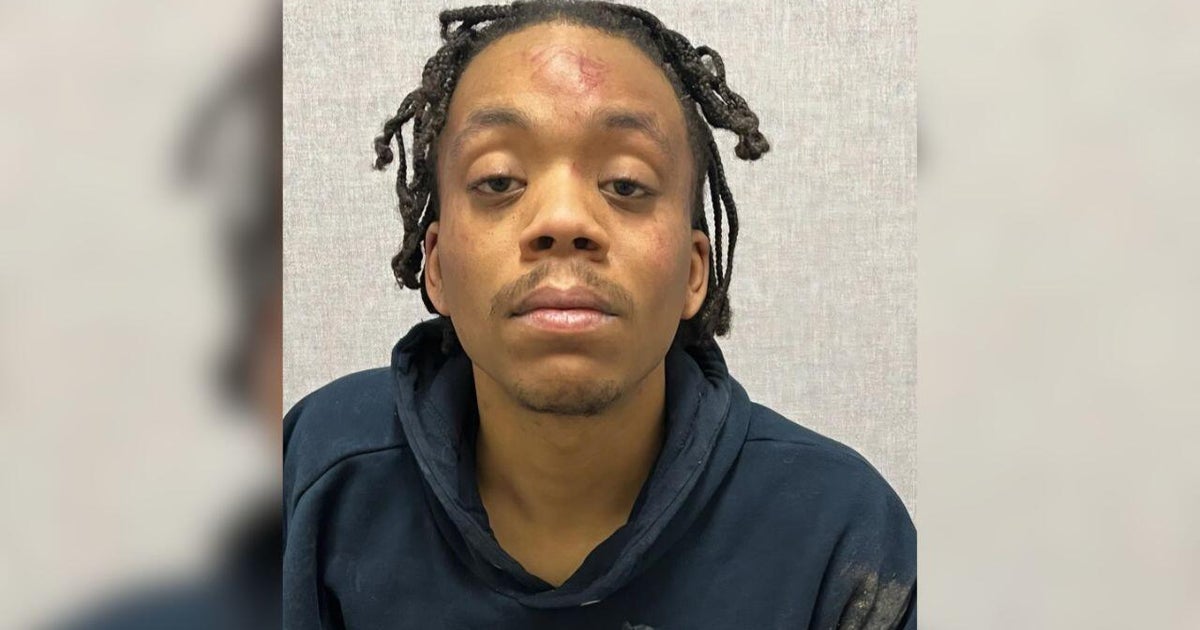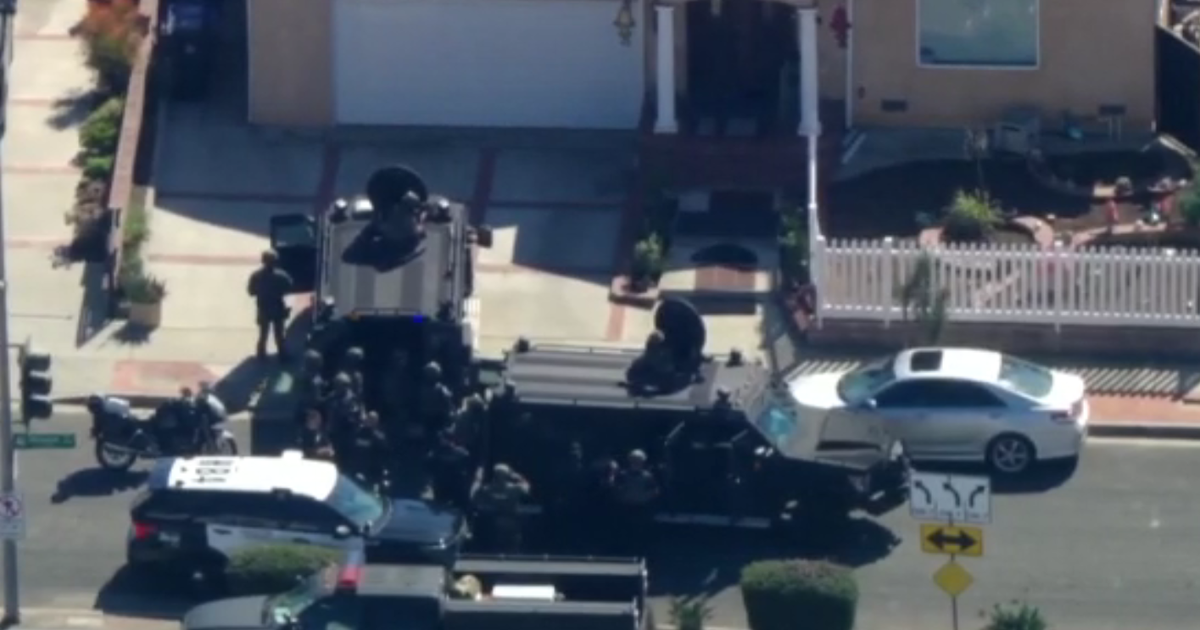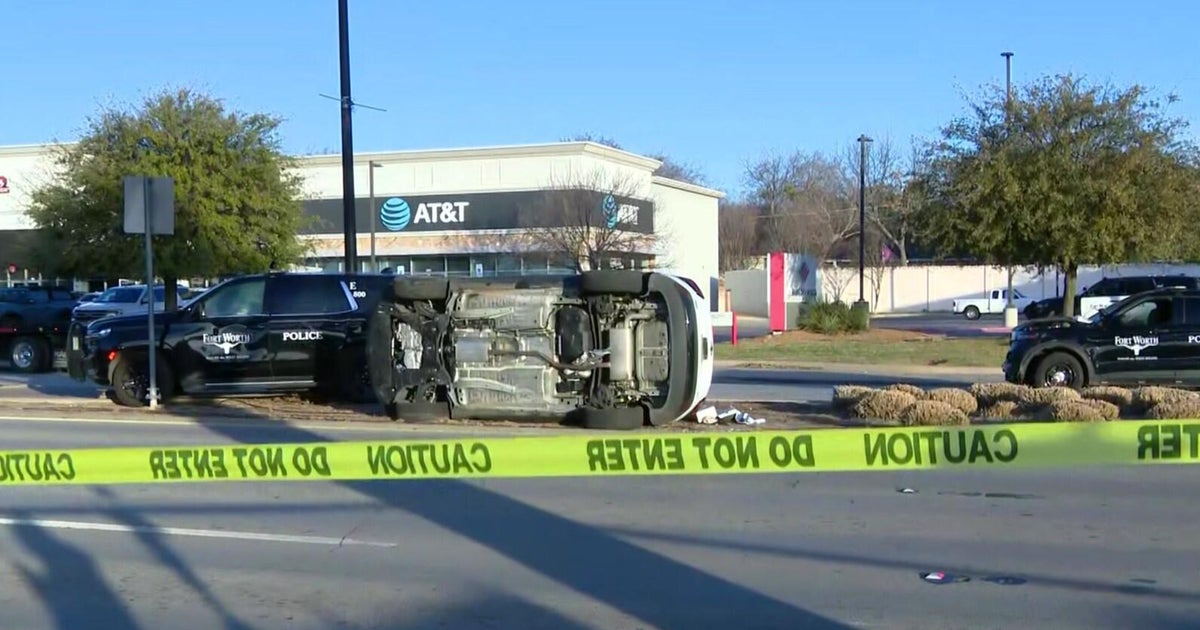Md. Police Temporarily Allowed To Collect DNA Samples From Suspects
BALTIMORE (WJZ)—A temporary ruling from the Supreme Court allows police officers to continue collecting DNA samples from suspected criminals. But that decision may be overturned soon.
As Gigi Barnett reports, officers are scrambling to collect DNA.
Supreme Court Justice John Roberts issued an order this week temporarily blocking a Maryland court ruling barring police officers from collecting DNA from suspects.
That means a once-banned practice is now legal again, and officers in Maryland are scrambling to collect it.
"The Maryland State Police have resumed the DNA analysis and searching procedures that were in place previous to the Court of Appeals ruling," said Elena Russo, state police spokeswoman.
Police say without the DNA samples, it's easier for repeat offenders to evade justice on other crimes they may have committed.
Banking DNA from criminals became legal back in 2009. It was one of Governor Martin O'Malley's signature initiatives.
Since then the state has collected more than 16,000 samples. That led to 58 criminals arrested, 34 of them were for burglaries and eight were rapists.
"In Maryland, we've solved countless numbers of homicides and also cold cases and rapes because of our leadership in DNA and the use of DNA, which is no more invasive than taking a fingerprint from someone convicted of a crime," said O'Malley.
The decision stems from a case in which a man was arrested on assault charges in 2009. Police took his DNA and matched it to an unsolved 2003 rape case.
But the state's highest court ruled that banking DNA without an arrest warrant is unconstitutional, and the ACLU agrees.
"Taking DNA on the other hand, unlike fingerprints, reveals vast amounts of highly private, personal, confidential information about you," said David Rocah, ACLU.
So state prosecutors asked the Supreme Court to overturn that ruling, and they've agreed at least for now.
Chief Justice Roberts says he will allow Maryland officers to collect DNA samples until he makes a final ruling next week.







